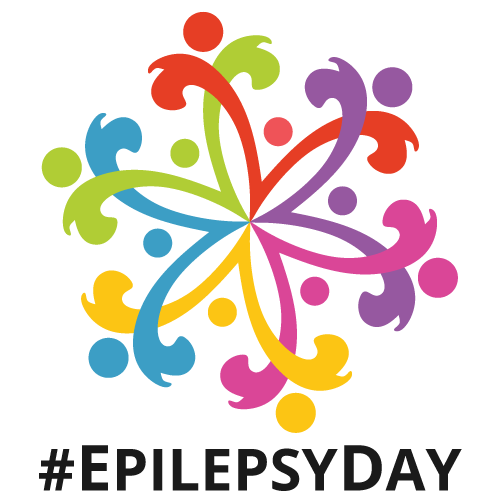Today, on International Epilepsy Day, the International League Against Epilepsy (ILAE) and the International Bureau for Epilepsy (IBE) are calling for accelerated implementation of the Intersectoral Global Action Plan on Epilepsy and other Neurological Disorders.
This plan, or IGAP, developed by the World Health Organization and unanimously approved by its member states, aims to improve access to treatment, care and quality of life of people with epilepsy, their carers, and families.
The theme of International Epilepsy Day this year – the epilepsy journey – has been chosen to spotlight the lived experience of people with epilepsy and those who care for them, aiming to align with and highlight the importance of IGAP’s 10-year roadmap.
“Stigma continues to be a formidable barrier, impeding the realization of the IGAP goals,” commented Dr Francesca Sofia, president of IBE. “On International Epilepsy Day, IBE, ILAE and our national chapters worldwide unite in a collective effort to combat this stigma and raise awareness through impactful and targeted campaigns. These campaigns are designed to disseminate accurate information about epilepsy but also to challenge deeply ingrained stereotypes and misconceptions that surround the condition and to highlight the accomplishments and resilience of individuals living with epilepsy around the world.”
One of the major global targets of IGAP states that, by 2031, countries will have increased service coverage for epilepsy by 50% from the current coverage in 2021.
Prof Helen Cross, ILAE president, said, “As a consultant in paediatric neurology, I witness many incredible and courageous journeys made by children and young people with epilepsy and their families every day. As the president of the International League Against Epilepsy, I want to ensure that these journeys are made as easy as possible for everyone and that safe, effective, and affordable treatments are available to all who need them.”
Prof Cross remarked she is proud to be able to announce that today ILAE is launching our EPI-ACT campaign: country-level action to increase service coverage and reduce the unacceptable treatment and inclusion gaps.
“EPI-ACT will support our chapters to engage with governments and the wider epilepsy community, to develop national health plans for epilepsy and other neurological disorders, and to ensure that accurate information about epilepsy is available for health service planning and research.”
She added that “EPI-ACT also aims to improve access to medicines, as well as develop appropriate evidence based, patient centred, integrated care pathways, and will help to expand training and education for health professionals in all settings from community clinics through to supra-specialised epilepsy units.”
A web-based gateway to resources to support EPI-ACT becoming a reality is now available on the ILAE website.
Beyond closing the treatment gap, IGAP also states that 80% of countries will have developed or updated their legislation with a view to promoting and protecting the human rights of people with epilepsy by 2031.
“We commend the WHO for ensuring IGAP takes an intersectoral, person-centred approach because people with epilepsy have many everyday unmet needs,” said Dr Sofia.
“The lived experience of our community highlights challenges in areas such as access to education and employment, experiences of stigma, discrimination and social exclusion, impact on mental health and wellbeing, burden on informal carers and families, difficulties in personal relationships, inability to access insurance, to drive a car, or to be an active part of the society.”
IBE is preparing to launch its Global Epilepsy Needs Survey in 2024, which aims to capture the unmet everyday needs of people with epilepsy and those who care for them worldwide.
This work will inform global initiatives aiming to improve quality of life for the more than 50 million people living with epilepsy worldwide.
In the meantime, this International Epilepsy Day, ILAE and IBE and working together to improve knowledge levels about epilepsy amongst all sectors of society by asking people with epilepsy and those who care for them to share their epilepsy journey.
“ILAE and IBE,” Prof Cross and Dr Sofia said, “look forward to walking hand in hand with our partners and with people affected by epilepsy as together we continue the journey to a world where no person’s life is limited by epilepsy.”


